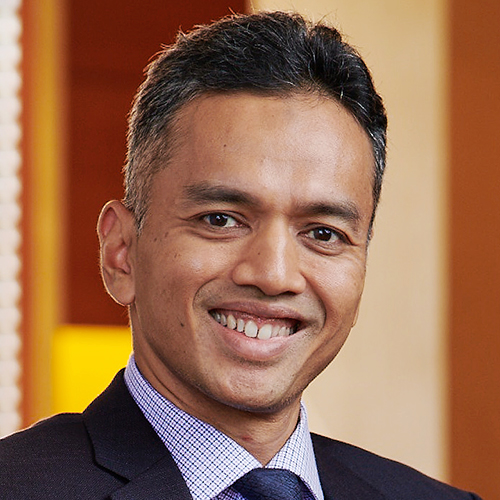Managing cash and liquidity effectively for a multinational company with a presence in 86 countries was challenging for Fu Junyuan
(傅俊元), chief financial officer of China Communications Construction Company (CCCC), a leading Chinese SOE.
He proved up to the task by establishing a global treasury centre in Hong Kong in 2011, supported by a regional liquidity management structure and working capital facilities. His approach has helped reduce costs while mitigating the risks associated with managing liquidity from multiple locations.
“In view of the company’s broad and extensive geographical presence, fund security has been a major concern. Many of the countries where we operate are affected by complex political factors and therefore, keeping money in these places can be a problem,” says Fu, noting that during the Asian financial crisis,CCCC, which is engaged in infrastructure construction and design, dredging and the manufacturing of heavy machinery, experienced problems repatriating funds form Southeast Asian markets.
A Chinese corporate pioneer
As their business expands beyond the home turf, a growing number of Chinese multinationals find it harder to efficiently manage their working capital and liquidity. In a way, CCCC has shown how it can be done. Its global treasury centre in Hong Kong is responsible for cash management activities of overseas entities, especially those domiciled in highly regulated Asian countries. The centralization or rationalization of funds and treasury management functions creates economies of scale, while reducing the potential risk of keeping cash in a single country for too long.
Another cost reduction is achieved through partnering with a smaller number of banks that handle the great volume of payments, payrolls and receivables.
CCCC was the first mainland Chinese state-owned enterprise (SOE) to obtain approval in 2011 from the State Administration of Foreign Exchange (SAFE) for the establishment of an offshore account (in Hong Kong) that facilitates collections from overseas projects and the interaction with its central treasury in Beijing.
In addition, the Hong Kong treasury centre seeks to optimize regional interests through a notional aggregation structure which provides enhanced yield for its balance held in offshore US dollar account by various group entities.
Fu, a veteran finance expert at CCCC, has been instrumental in the planning and implementation of the global offshore treasury centre, ever since the company’s HK$18.52 billion IPO in Hong Kong in 2006.
Before being appointed as CFO in 2006, he held positions as chief accountant of CCCC’s parent group and its subsidiary China Harbour Engineering Company (中国港湾工程 or CHEC), which was merged with China
Road and Bridge Corporation (中国路桥工程 or CRBC). When he set up CHEC’s first domestic treasury centre in Shanghai in 1998, operational efficiency and risks management were already his top concerns.
Fu also worked for over ten years at the finance bureau and auditing bureau (审计局) of the Ministry of Transportation.
Throughout the restructuring and listing process, Fu’s experience in assessing and auditing CCCC’s assets played a key role.
Coping with local regulations
CCCC reported a slight 0.4% increase in revenue growth to 295.3 billion yuan in 2012. Its profit attributable to owners increased 4.1% to 12.2 billion yuan. The value of new contracts in 2012 rose 12.5% to 514.9 billion yuan. Strategically, the company is looking to enlarge the proportion of revenue generated by built-operate-transfer (BOT) projects.
“Our next target is to adjust and optimize the existing regional treasury centre (RTC) system,” says Fu. “We work with different partnering banks in various regions, depending on their specific edge and network in a region. The regional operations help us cope with local regulations including foreign exchange restrictions.”
CCCC’s partnering banks include Standard Chartered Bank, Bank of China, Citi and HSBC in different parts of their operations such as the Middle East, South Asia and Africa. The group set up the global offshore treasury centre in Hong Kong instead of Singapore because it had secured regulatory approval to set up an RTC in Hong Kong only. Fu says that the company, through its overseas subsidiaries, is seeking to establish another RTC in the United Arab Emirates.
Fu’s next major project is the inauguration of CCCC Finance, a finance joint venture with its parent group. With 95% of the registered capital contributed by CCCC, the finance JV is expected to carry out important finance and treasury functions for CCCC, such as a better finance and risk management; a collective management of funds; a greater efficiency in the use of capital;offering financing services to member companies of the group; and promoting the group’s strategic development.





.jpg)



